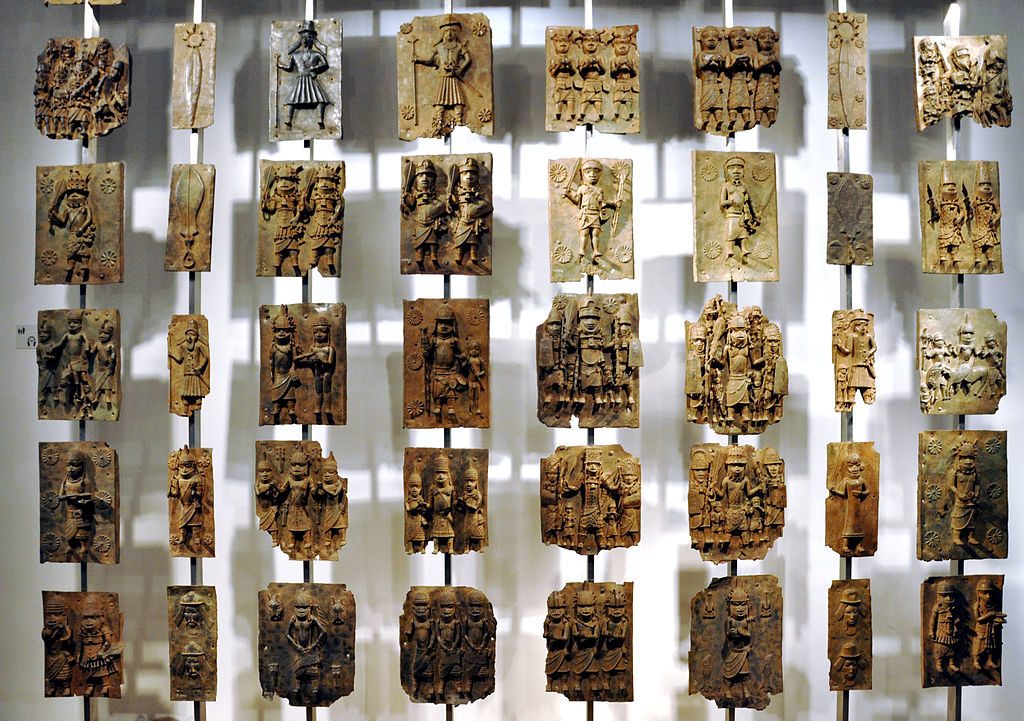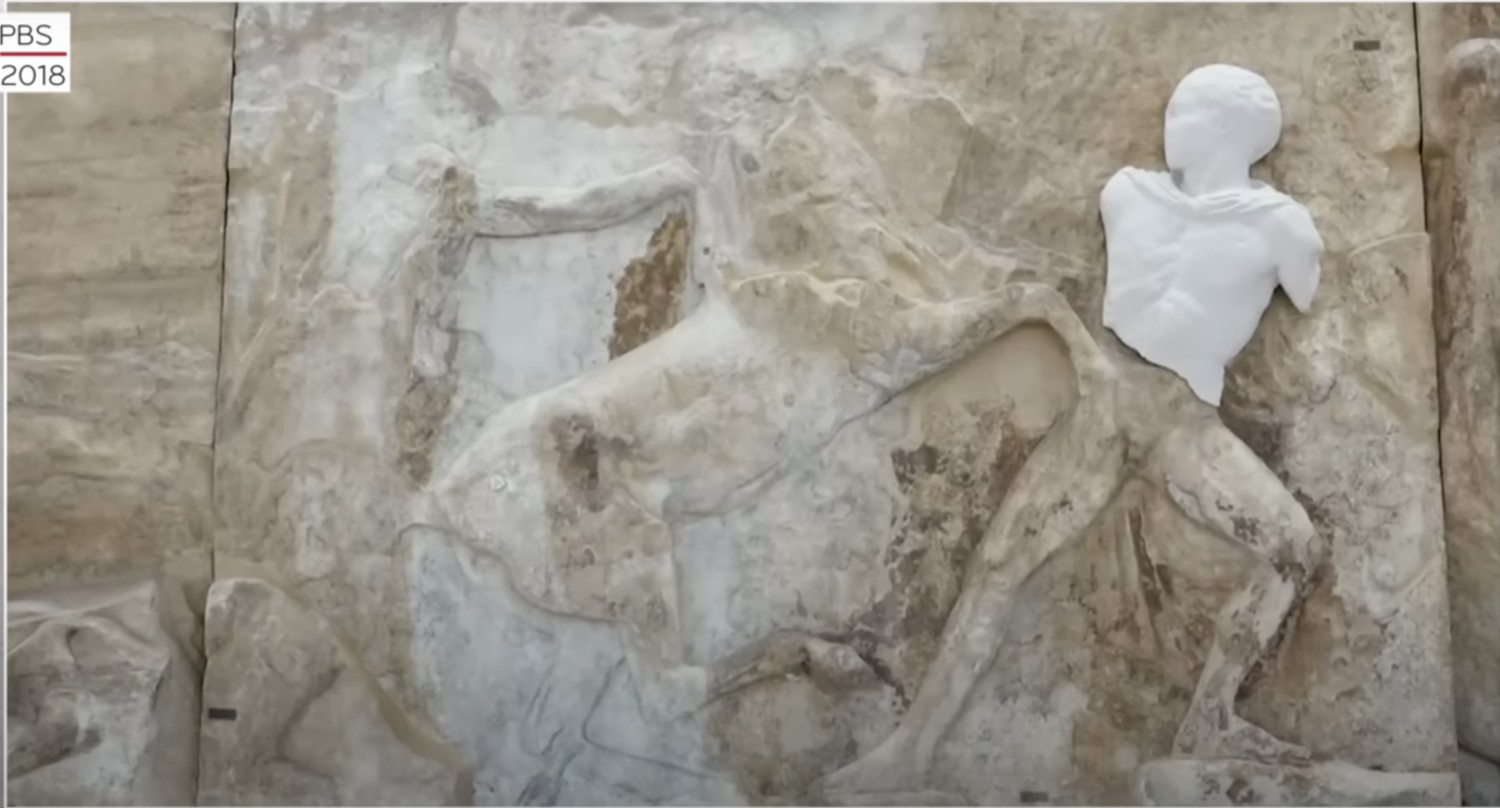
Aaron Velez | Editor-in-Chief
October 14, 2022
On October 13th, the Smithsonian museum made a decision that has the potential to spark a massive change; they returned 29 artifacts called the “Benin Bronzes” to Nigeria after hundreds of years of separation from their homeland. This retribution represents a win for moral justice as the bronzes are an essential part of West African culture, primarily used for the record-keeping of monumental events.
In recent times, there have been sweeping calls for the return of artifacts in major museums such as the case of the Benin Bronzes due to the fact that they were primarily gained through looting. In a similar case, Greece has called for the return of the “Elgin Marbles,” named for a British Lord who quite literally chiseled portions of millennia-old sculptures from the Parthenon grounds in order to add them to his public collection. In protest, Greek museums have filled in the chiseled-off areas with pearl-white plaster

to show what should rightfully be on the sculptures, rather than in a British museum, thousands of miles away.
Many people speculate that this intense spike in pressure on museums was due to a John Oliver special on the matter. “I wasn’t aware of this issue until I saw the John Oliver video in my global politics class,” senior Emily Ceja said. “The points he brought up about the hypocrisy of many of these museums were great and clearly twisted the arm of some of these museums. It is crazy that not even a week later, the Smithsonian is returning a trove of artifacts.”
“It is important to make sure that this is not just a one-time occurrence,” senior Ashley Jahed said. “The rhetoric that countries are ‘unfit’ to take care of their own artifacts and history is a prejudiced and unfounded one.”
As we progress into a more globalized society, it is indeed important to examine this idea critically. In order to right the wrongs of imperialism and colonization, perhaps this is a strong first step.

Leave a Reply